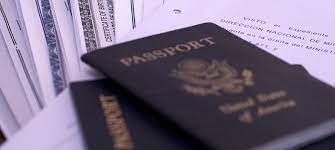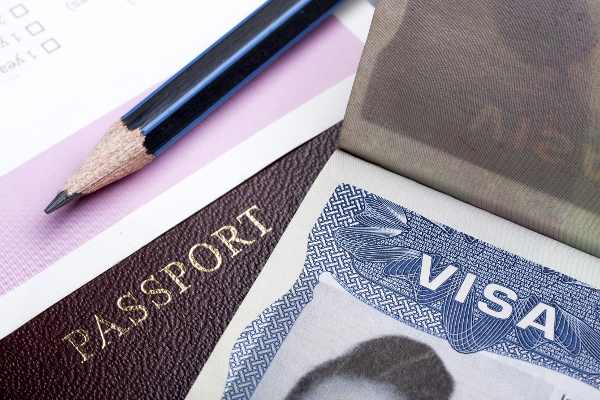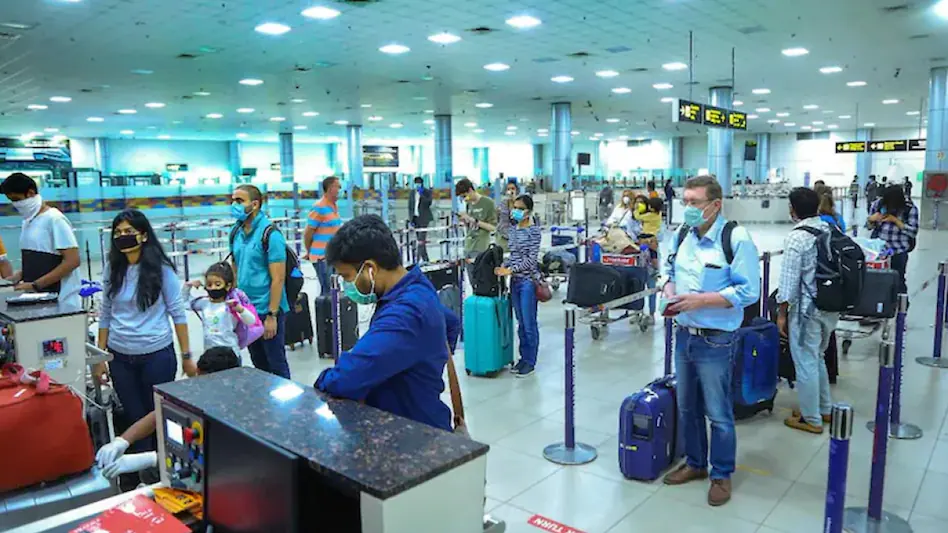Are you planning a trip to India? Are you confused about whether or not you need a visa? Don’t worry, we’ve got you covered! In this blog post, we’ll help you determine your eligibility for an Indian visa and provide all the necessary information and requirements. Whether it’s for business or leisure travel, read on to find out everything you need to know before packing your bags for India. Let’s get started! Indian Visa Documents Required
What is an Indian Visa?
If you’re planning to travel to India, you’ll need to obtain a visa before your trip. An Indian visa is a document that allows you to enter and exit the country, and it’s necessary for all foreign nationals who wish to visit India.
There are several different types of visas available, depending on the purpose of your trip. If you’re traveling for business purposes, you’ll need a business visa. If you’re traveling for tourism purposes, you’ll need a tourist visa. There are also visas available for students, journalists, and religious pilgrims.
The process of applying for an Indian visa can vary depending on your nationality and the type of visa you’re applying for. In general, though, you’ll need to submit an application form and supporting documents, such as a passport-sized photo and proof of travel plans. You may also be required to submit additional documents, such as a letter of invitation from an Indian company or organization.
Once your application is submitted, it will take some time to process. The processing time can vary depending on the type of visa you’re applying for, but it generally takes at least several weeks. After your application is approved, you’ll receive your visa in the mail. Be sure to keep your visa safe; you’ll need to present it when you enter India.
Requirements for Obtaining an Indian Visa
If you’re planning on traveling to India, you’ll need to obtain a visa before you go. Indian visas can be obtained from the Indian High Commission or Consulate in your home country. The requirements for obtaining an Indian visa vary depending on your nationality and the purpose of your visit. Indian Visa Eligibility
If you’re a citizens of the United States, United Kingdom, Canada, or Australia, you can apply for an e-Visa online. E-Visas are valid for 60 days and allow for multiple entries into India. You’ll need to have a passport that’s valid for at least 6 months from the date of your arrival in India, and you’ll need to provide a digital photograph and proof of onward travel.
If you’re not eligible for an e-Visa, or if you’re planning on staying in India for longer than 60 days, you’ll need to apply for a regular visa from the Indian High Commission or Consulate in your home country. The requirements for a regular visa vary depending on your nationality, but all applicants will need to provide a passport that’s valid for at least 6 months from the date of their arrival in India. In addition, you’ll need to provide proof of onward travel and supporting documents such as a letter of invitation from an individual or organization in India.
Eligibility Criteria for Indian Visas
In order to be eligible for an Indian visa, applicants must meet the following criteria:
-Be a citizen of a country that has diplomatic relations with India
-Have a valid passport from their country of citizenship
-Be traveling to India for a legitimate purpose, such as tourism, business, study, or work
-Have enough financial resources to support their stay in India
-Not have any criminal convictions or pending criminal cases in either their home country or India
-Meet the specific requirements of the type of visa they are applying for
Types of Indian Visas
There are many different types of Indian visas, each with their own specific requirements and conditions. The most common type of visa is the tourist visa, which allows foreigners to enter India for the purpose of tourism. Other types of visas include business visas, student visas, work visas, and family visas. Each type of visa has different requirements, so it’s important to make sure you apply for the correct visa. For example, a business visa requires an invitation from an Indian company, while a student visa requires admission to an educational institution in India.
How to Apply for an Indian Visa?
If you’re planning on traveling to India, you’ll need to apply for a visa. Indian visas are available from the Indian government’s website, and the application process is relatively straightforward. However, there are a few things to keep in mind when applying for an Indian visa.
First, you’ll need to have a valid passport. Your passport should have at least six months of validity remaining, and it should have enough blank pages for the visa. Second, you’ll need to fill out the online visa application form. Be sure to enter all of the required information accurately, as any mistakes could result in delays or even a rejected application.
Third, you’ll need to pay the visa fee. The fee can be paid online via credit card or debit card, or it can be paid in cash at select banks in India. Fourth, you’ll need to submit your application. Once your application is complete and all of the required documents have been submitted, you can expect to receive your visa within a few weeks.
Processing Time and Cost of an Indian Visa
The process of applying for an Indian visa can be time-consuming and expensive. The cost of an Indian visa depends on the type of visa you are applying for, as well as the country you are applying from. For example, a tourist visa to India from the United States costs $160, while a business visa costs $250. The processing time for an Indian visa can also vary depending on the country you are applying from. For example, it can take up to 4 weeks to process a tourist visa from the United States, whereas it only takes 2 weeks to process a business visa.
Alternatives to an Indian Visa
If you’re not eligible for an Indian visa, there are a few alternatives. The first is to apply for a business visa. This type of visa allows you to stay in India for up to six months and is ideal for those who need to conduct business in the country. The second alternative is to apply for a tourist visa. This type of visa allows you to stay in India for up to three months and is ideal for those who want to travel around the country. The third alternative is to apply for a student visa. This type of visa allows you to stay in India for up to one year and is ideal for those who want to study in the country.
Conclusion
In conclusion, an Indian visa is required for most foreign nationals to enter India. This article has provided you with the necessary information and requirements to determine if you are eligible for an Indian Visa. It’s important to note that each individual may have different requirements based on their country of origin, length of stay, and purpose of travel. Therefore, it is always a good idea to consult your local embassy or consulate before making any final decisions regarding your application process.


